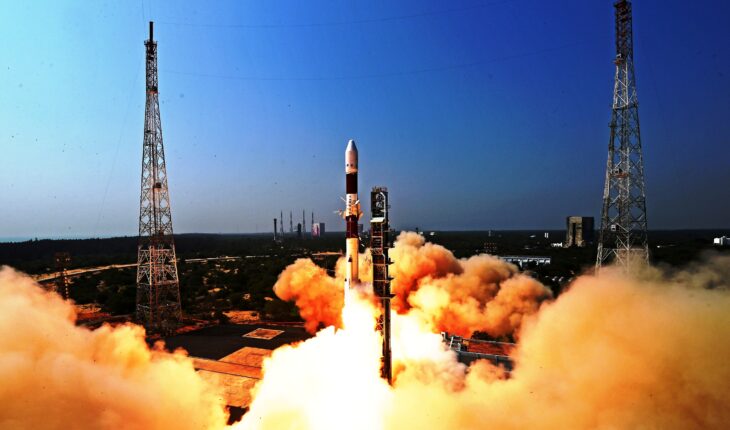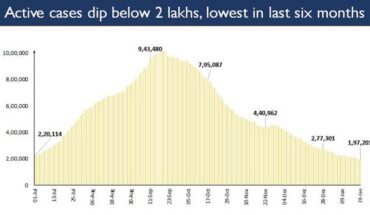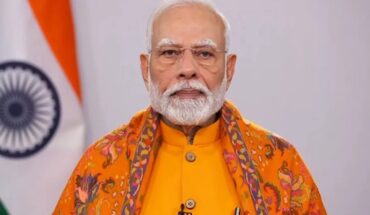By Dominick Rodrigues/Arunkumar Rao
Bengaluru, Mar 1: India’s PSLV-C51 (Polar Satellite Launch Vehicle) successfully launched Amazonia-1 along with 18 co-passenger satellites – as the first dedicated launch by NSIL– on February 28 from the Satish Dhawan Space Centre SHAR, Sriharikota.
PSLV-C51 lifted off from the First Launch Pad of SDSC SHAR at 10:24 hours (IST) as planned. After a flight of about 17 minutes, the vehicle injected the Amazonia-1 into its intended orbit and in the succeeding 1 hour 38 minutes, all the 18 co-passenger satellites successfully separated from the PSLV in a predetermined sequence.
ISRO Chairman Dr K Sivan congratulated team ISRO for precise injection of Amazonia-1 and 18 co-passenger satellites. Talking about the primary satellite, Amazonia-1, he said “India and ISRO feel extremely proud and honoured to launch the first satellite designed, integrated and operated by Brazil. Hearty congratulations to the Brazilian team for this achievement.’’
H. E. Marcos Cesar Pontes, Minister of Science, Technology and Innovation, Brazil congratulated ISRO team for today’s successful launch. “Amazonia-1 is an important mission for Brazil which also marks beginning of a new era for satellite development in the country,” he remarked, while emphasizing the importance of partnership between India and Brazil and stressing further strengthening of ties with India.
Amazonia-1 is the optical earth observation satellite of National Institute for Space Research (INPE). This satellite will provide remote sensing data to users for monitoring deforestation in the Amazon region and analysis of diversified agriculture across the Brazilian territory. PSLV-C51/Amazonia-1 is the first dedicated commercial mission of NewSpace India Limited (NSIL), a Government of India company under Department of Space.
Narayanan G, Chairman and Managing Director, NSIL thanked INPE, Brazil for their faith in ISRO and NSIL’s strength and M/s Spaceflight Inc. USA for facilitating this mission. “I also thank team ISRO and DOS for their clockwork precision,” he said while acknowledging the other auxiliary payloads flown onboard this mission and hoping all customers achieved their desired goals.
The 18 co-passenger satellites onboard PSLV-C51 includes four from IN-SPACe and fourteen from NSIL. The fourteen satellites from NSIL carried were the commercial satellites from India (1) and USA (13). Of the 4 satellites from IN-SPACe, three were UNITYsats designed and built as a joint development by Jeppiaar Institute of Technology, Sriperumbudur, G.H.Raisoni College of Engineering, Nagpur and Sri Shakti Institute of Engineering and Technology, Coimbatore, and one of Satish Dhawan Sat (SDSAT) from Space Kidz India.
Lauding the efforts of the teams in building the satellites, Dr Sivan said “These satellites were fruition of the new space reforms announced by the Government of India wherein ISRO promoted and handheld the teams. I’m very sure this mission will enthuse other academic institutions and industries to build satellites.”
PSLV-C51 is the 53rd flight of PSLV and 3rd flight of PSLV in ‘DL’ configuration (with 2 strap-on motors). This was the 78th launch vehicle mission from SDSC SHAR, Sriharikota. With today’s launch, the total number of customer satellites from foreign countries placed in orbit by PSLV is 342 satellites from 34 countries, a release stated.





